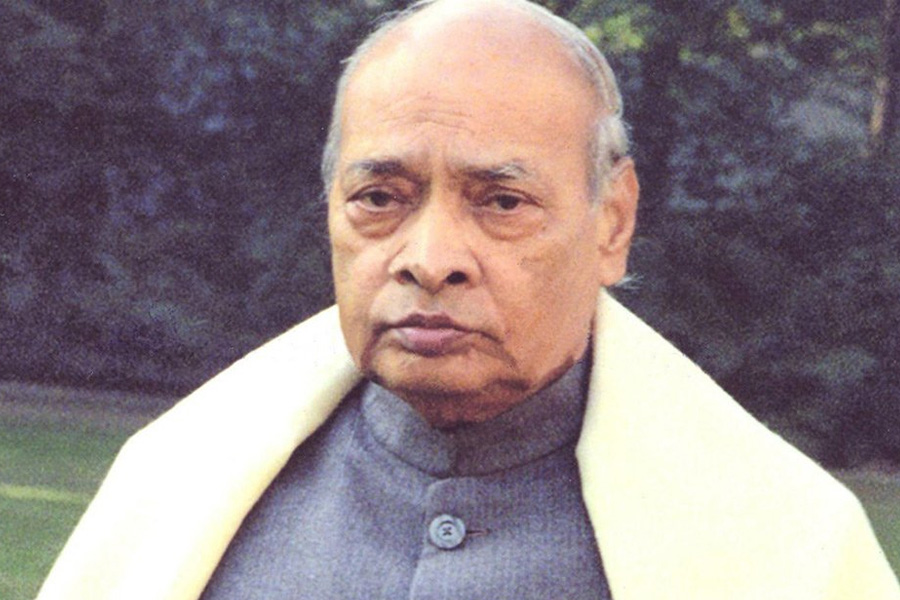
But Rao deserves credit for his singular contributions to Indian foreign policy – the reorientation from its Nehruvian idealism to a more pragmatic one and his attempt to embed economic diplomacy firmly into the practice of Indian diplomacy.
Author
Elizabeth Roche, Associate Professor, Jindal School of International Affairs, O.P. Jindal Global University, Sonipat, Haryana, India.
Summary
The Modi Government recently announced the Bharat Ratna, India’s highest civilian honour, for P.V. Narasimha Rao, India’s 12th prime minister, who ran a minority government between 1991-1996. Most recent commentaries and analyses following this announcement have focused on the former prime minister’s contributions to de-regulating the Indian economy. And rightly so.
But Rao deserves equal credit, to my mind, for his singular contributions to Indian foreign policy – the reorientation from its Nehruvian idealism to a more pragmatic one and his attempt to embed economic diplomacy firmly into the practice of Indian diplomacy. The policy change was necessitated by the international developments of the day, like the implosion of the Soviet Union. The foreign policy recast set India decisively on a trajectory of “multi-alignment”, a term currently part of the popular lexicon. The start of “multi-alignment” – as we know it today – begins with, I believe, Rao forging closer ties with multiple countries, including the US, Israel, South Korea and others. In fact, one can discern policy continuation and parallels between the Rao era and the current Modi era.
Published in: NDTV
To read the full article, please click here.

